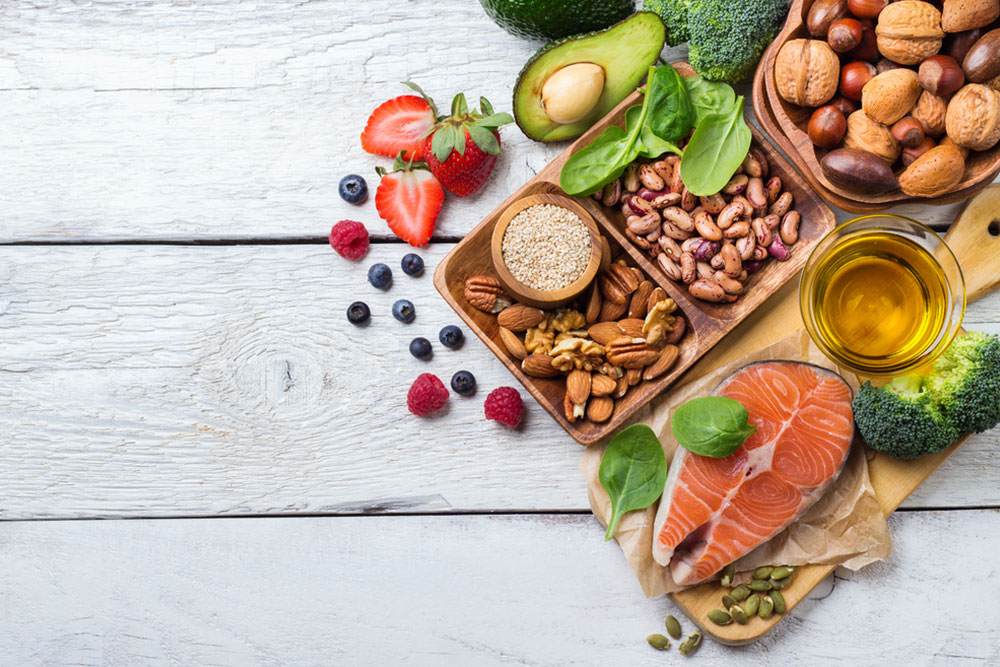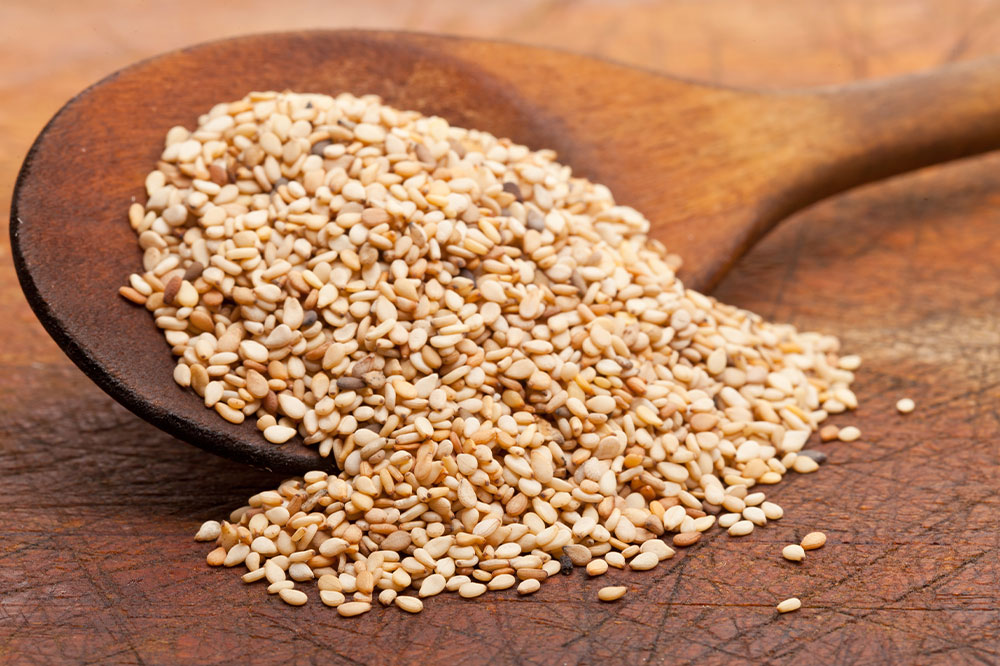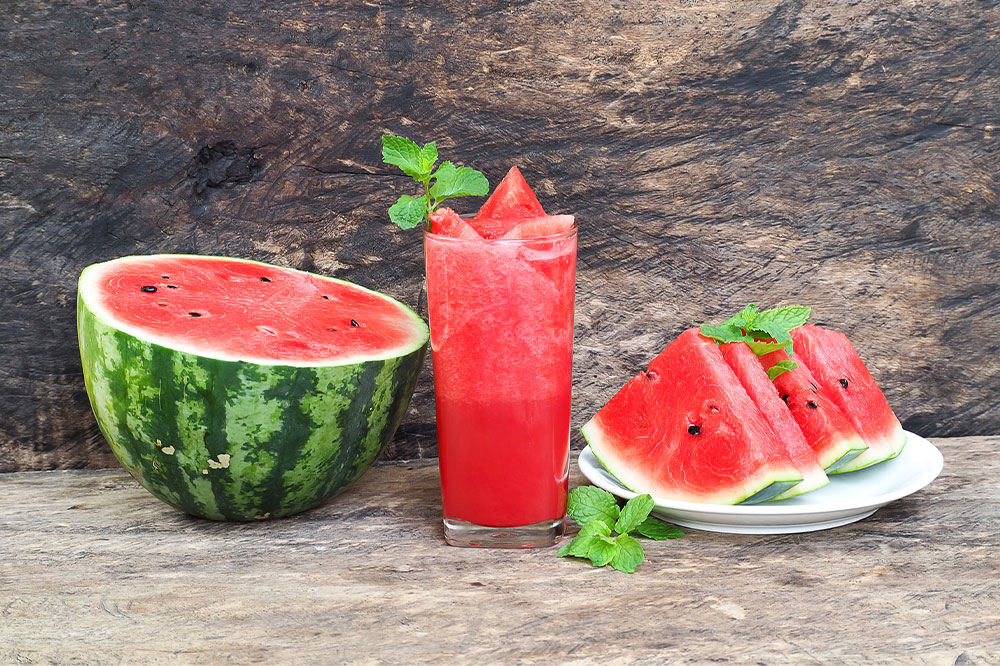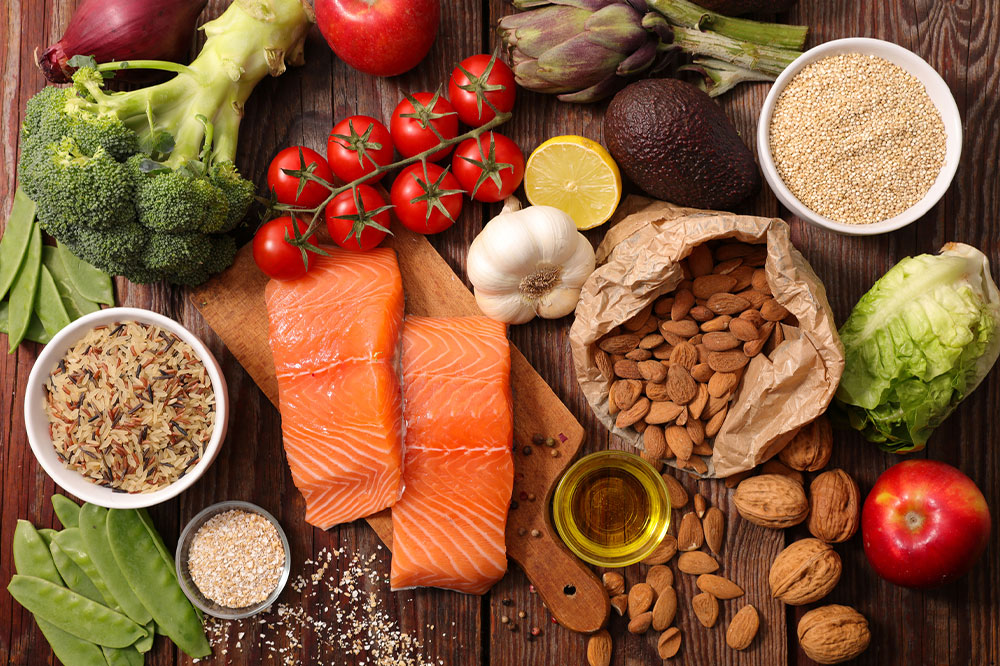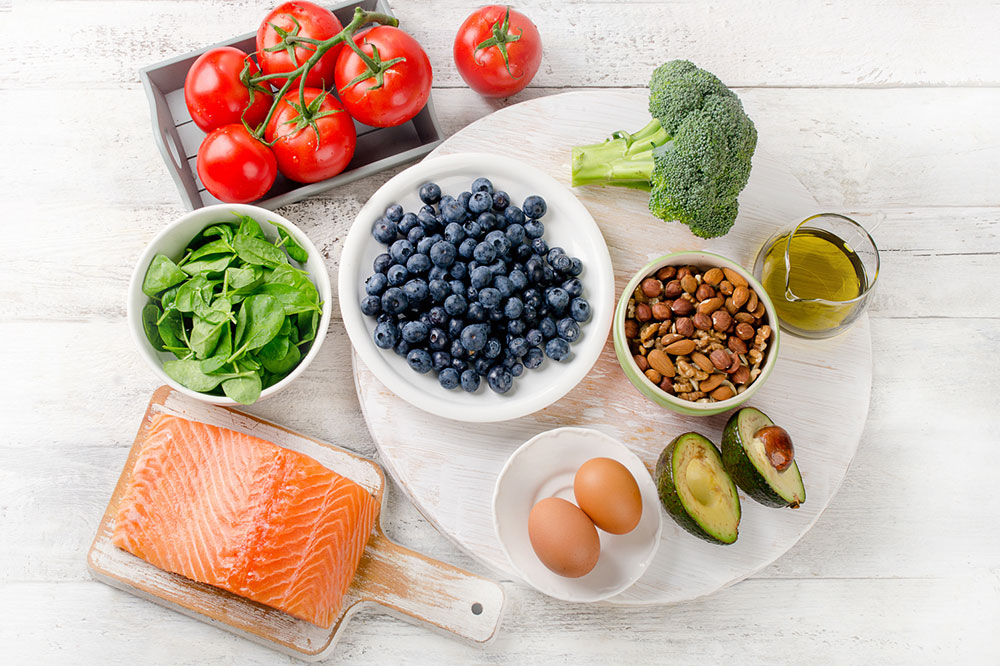Comprehensive Dietary Strategies to Promote Prostate Health and Prevent Cancer
This comprehensive guide explores essential dietary strategies for maintaining prostate health and preventing cancer. It emphasizes the importance of a balanced diet rich in fruits, vegetables, plant-based proteins, and hydration, while limiting processed meats and high-fat dairy. Incorporating antioxidants like lycopene from tomatoes and flavonoids from green tea can reduce cancer risk. The article also highlights the role of organic foods and weight management in prostate wellness, providing practical tips and expert advice for long-term health benefits.

Maintaining optimal nutritional habits is a foundational aspect of supporting prostate health and reducing the risk of prostate cancer, as well as tackling other related health issues such as cardiovascular disease, diabetes, and obesity. A well-balanced, nutrient-rich diet not only strengthens the immune system but also provides sustained energy levels necessary for daily functioning and long-term wellness. Emphasizing a diet abundant in fruits and vegetables, particularly those high in fiber and low in saturated fats and sugars, plays a pivotal role in prostate health management.
Incorporating a diverse range of colorful vegetables into your daily meals is highly recommended. Cruciferous vegetables such as kale, broccoli, cauliflower, and Brussels sprouts are especially beneficial due to their phytochemical content, which helps combat oxidative stress and inflammation that can lead to cellular damage. These vegetables contain compounds like sulforaphane and indole-3-carbinol, which have been linked to cancer-preventive properties. Additionally, fruits such as tomatoes, carrots, citrus fruits, and berries are rich in antioxidants that can neutralize free radicals, thereby reducing cellular damage. Notably, lycopene—a potent antioxidant found abundantly in tomatoes and red-colored vegetables—has been associated with a decreased risk of prostate cancer. Regular consumption of lycopene-rich foods is therefore an essential component of a prostate-healthy diet.
Limiting intake of red meats, high-fat dairy products, and processed foods is crucial, as these have been linked to increased prostate cancer risk. Instead, focusing on plant-based protein sources can provide essential nutrients without the associated health risks. Foods such as soy products, nuts, beans, and flaxseeds contain bioactive compounds including lignans, quercetin, and omega-3 fatty acids, which possess anti-cancer properties. Including these foods in daily meals can help protect prostate cells and reduce inflammation.
Furthermore, incorporating beverages like green tea, which is rich in flavonoids and catechins, can enhance antioxidant intake and support prostate health. Whole grains such as quinoa, oats, and brown rice provide fiber that aids in digestion, stabilizes blood sugar levels, and promotes a healthy weight—factors critical for reducing cancer risk. It is advisable to reduce consumption of sugary, carbonated drinks and to prioritize hydration with plenty of plain water, which supports metabolic function and detoxification processes.
Opting for organic produce minimizes exposure to pesticides and harmful chemicals, further supporting overall health. A nutrient-dense diet not only aids in recovery for those undergoing prostate cancer treatments but also plays a preventive role by helping to lower the chances of cancer recurrence. Managing body weight is vital, as obesity has been identified as a risk factor for prostate cancer progression and metastasis. Regular physical activity combined with proper nutrition can significantly improve outcomes.
For personalized dietary plans and expert guidance, consulting with a registered dietitian or nutritionist is highly recommended. This tailored approach ensures that individual health conditions, preferences, and nutritional needs are addressed effectively, empowering individuals to make sustainable dietary choices that support long-term prostate health and overall well-being.
